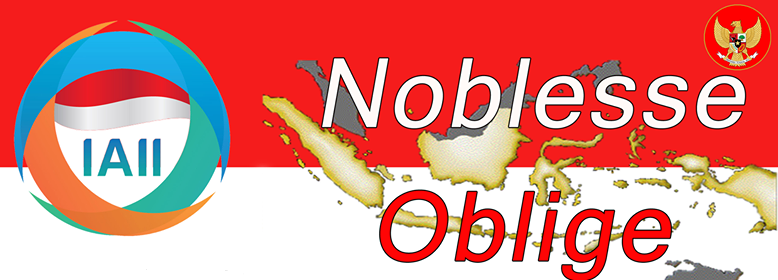Focus and Scope
Focus:
RESTI (Rekayasa Sistem dan Teknologi Informasi/Systems Engineering and Information Technology) Journal is dedicated to pioneering and propagating high-quality research in the domains of Computer Science Applications, Artificial Intelligence, and Computer Vision and Pattern Recognition. Our journal serves as a premier platform for academics, researchers, and professionals eager to explore and share groundbreaking innovations and developments within these dynamic fields.
Computer Science Applications
RESTI focuses on the practical implications and applications of computer science in various domains. This includes software engineering, network security, data analysis, and system development, among others. We encourage contributions that demonstrate novel applications of computer science theories and principles to solve real-world problems, enhance technological processes, and contribute to the advancement of the digital era.
Artificial Intelligence
Our journal lays significant emphasis on the exploration, enhancement, and ethical considerations of Artificial Intelligence (AI). We seek original research and comprehensive reviews in AI subdomains such as machine learning, natural language processing, robotics, and expert systems. Contributions should focus on the development, application, and impact of AI technologies in enhancing decision-making, problem-solving, and automation across various sectors.
Computer Vision and Pattern Recognition
In the realm of Computer Vision and Pattern Recognition, RESTI aims to illuminate the scientific community with innovative methodologies, algorithms, and applications. We welcome submissions that delve into image and video analysis, facial recognition, gesture analysis, 3D modeling, and more. Research that bridges the gap between theoretical approaches and practical solutions, thereby advancing the capabilities and understanding of visual information processing, is highly valued.
Scope:
Our scope extends to interdisciplinary research that combines elements from the aforementioned areas to address complex systems and challenges in information technology. By incorporating insights from related fields such as healthcare, mathematics, physics, and cognitive sciences, we strive to foster a holistic understanding and innovative solutions to contemporary IT problems. Our scope Alignment with SCOPUS All Science Journal Classification (ASJC) System:
| Subject Area | Subject Area Classifications | Code | ASJC Category |
| Physical Sciences | Computer Science | 1706 | Computer Science Applications |
| Physical Sciences | Computer Science | 1702 | Artificial Intelligence |
| Physical Sciences | Computer Science | 1707 | Computer Vision and Pattern Recognition |
Alignment with the United Nation's Sustainable Development Goals:
| UN SDGs Number | Sustainable Development Goal | Relation to Journal |
| SDG 3 | Good Health and Well-being | Contribution to health and well-being through advancements in areas such as computer science and AI applications that can be used in healthcare in the future. |
| SDG 4 | Quality Education | By promoting innovative research in AI and computer applications, RESTI contributes to enhancing educational methodologies and tools, enabling accessible and advanced learning platforms. |
| SDG 8 | Decent Work and Economic Growth | The journal's focus on advanced information technologies supports the development of innovative solutions, driving economic growth and job creation in the tech sector. |
| SDG 9 | Industry, Innovation, and Infrastructure | Through research in computer vision and AI, RESTI contributes to building resilient infrastructure and fostering innovation, essential for sustainable industrialization. |
| SDG 11 | Sustainable Cities and Communities | By integrating computer science applications and AI into urban planning and public services, the journal aids in creating sustainable and smart urban environments. |
| SDG 12 | Responsible Consumption and Production | Contributions in AI and pattern recognition can lead to smarter resource management and efficiency, aligning with sustainable consumption and production patterns. |
| SDG 13 | Climate Action | Research in AI and information systems can enhance climate prediction models and environmental monitoring, contributing to effective climate action strategies. |
| SDG 17 | Partnerships for the Goals | RESTI fosters global collaboration between researchers and professionals, encouraging knowledge exchange and partnerships to achieve the SDGs through technological innovation. |







